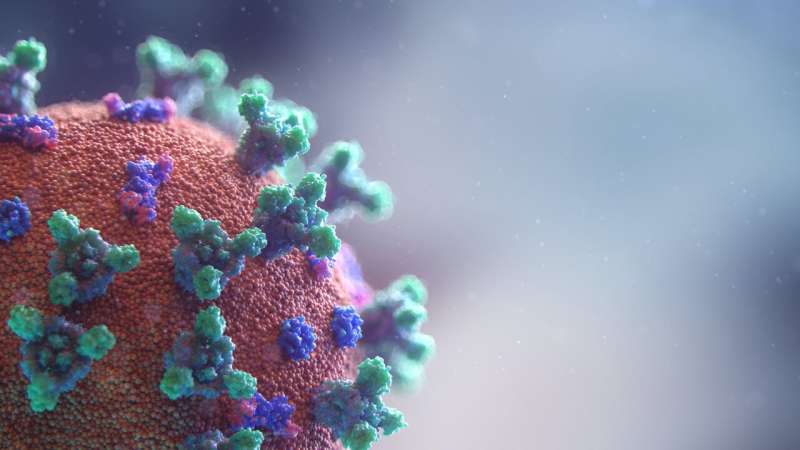Addressing the Gender Gap in Women's Mental Health Research

Women face higher rates of mental health disorders, yet research into women's mental health remains limited due to historical biases and underrepresentation. Advances in animal models and policy changes aim to bridge this critical knowledge gap, fostering personalized treatment options.
The global landscape of mental health is undergoing significant transformation, with rates of mental health disorders rising rapidly worldwide. Women are experiencing these issues at disproportionately higher rates compared to men, making this a critical area of concern for medical research and public health. Despite the increasing prevalence, research into women's mental health remains vastly behind that of men's for several reasons.
Women are approximately 20% to 40% more likely to develop mental health conditions such as anxiety, depression, post-traumatic stress disorder, and eating disorders. Additionally, the rates of alcohol use disorder have surged among women, with an 84% increase in diagnosis rates between 2001/2002 and 2012/2013, compared to a 35% rise in men during the same period. These disparities highlight the urgent need to understand the biological, psychological, and societal factors that contribute to mental health conditions in women.
Historically, research studies predominantly used male subjects—both humans and animals—under the mistaken belief that male bodies represent the "norm." This resulted in a significant gender knowledge gap, particularly regarding how female biology influences mental health. For instance, only about 20% of animal studies and 29% of clinical trials related to alcohol use disorder included female subjects during recent years. Such underrepresentation has led to a lack of understanding of sex-specific factors and consequently, less effective and often unsafe treatment options for women.
A major challenge stems from concerns that female hormones introduce variability in research outcomes, perpetuating the bias. This practice means that treatments developed predominantly based on male data are applied to women without accounting for biological differences, leading to poorer treatment efficacy and safety for women.
To bridge this gap, innovative tools like translatable animal models are being employed. These models allow researchers to explore specific aspects of mental health disorders and their biological underpinnings in a controlled environment. Recent studies, such as those investigating binge drinking behavior using female and male mice, help uncover sex-specific brain mechanisms. For example, research on the hunger hormone ghrelin revealed differences in how female brains respond to this hormone in the context of alcohol consumption, emphasizing the importance of studying both sexes.
Efforts are underway to promote sex and gender considerations in research. The US National Institutes of Health mandates the inclusion of both sexes in funded studies, and Australian agencies are beginning to follow suit, as seen with the NHMRC's call for researchers to consider sex and gender. Addressing these disparities is vital for developing personalized, more effective mental health treatments and improving health outcomes for women.
Ultimately, closing the gender knowledge gap in mental health research is essential for ensuring all individuals receive the most appropriate and safe care. Recognizing the importance of sex differences in brain biology not only enhances scientific understanding but also paves the way for more targeted and effective therapies, ensuring better mental health support for everyone.
Stay Updated with Mia's Feed
Get the latest health & wellness insights delivered straight to your inbox.
Related Articles
Breaking the Silence: How MyMenoplan.org Empowers Women During Menopause
MyMenoplan.org is a free, evidence-based website that helps women understand menopause, explore treatment options, and make informed decisions to improve their health and well-being during this natural transition.
Vitamin D Levels and Their Impact on COVID-19 Hospitalization Risk
Emerging research indicates that low vitamin D levels may increase the risk of hospitalization due to COVID-19. Maintaining adequate vitamin D could be key to reducing severe illness, especially among vulnerable groups. Learn more about the connection between vitamin D and COVID-19 outcomes.
Federal Court Blocks Effort to Cut Medicaid Funding for Planned Parenthood
A federal court has temporarily blocked the federal government from cutting Medicaid funding to Planned Parenthood clinics nationwide, ensuring continued access to essential reproductive health services amidst ongoing legal challenges.
Mosquito-Borne Chikungunya Outbreak Spreads in Southern China
Southern China faces a rising outbreak of chikungunya, a mosquito-borne virus causing fever and joint pain. Authorities urge preventive measures to contain the spread.



